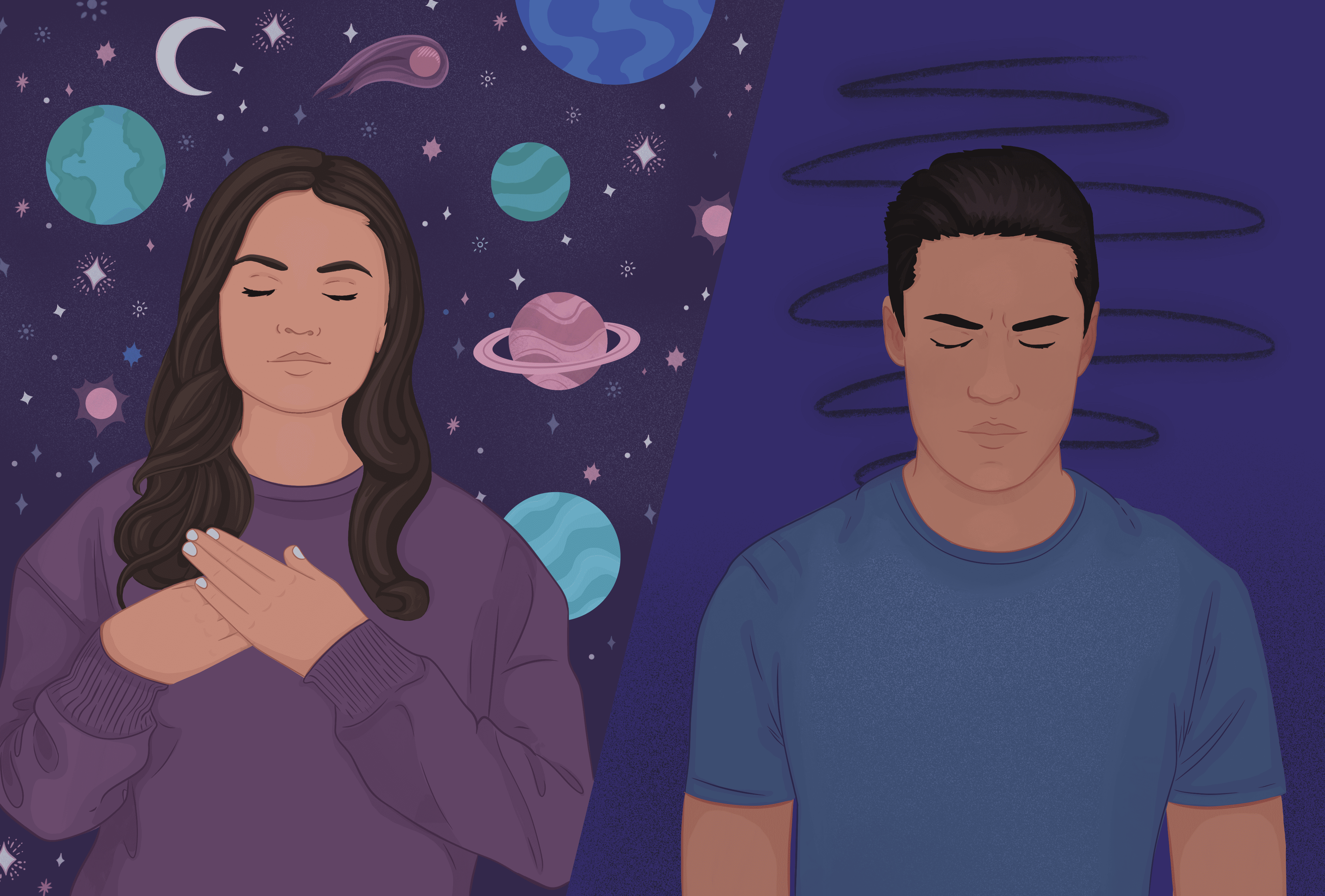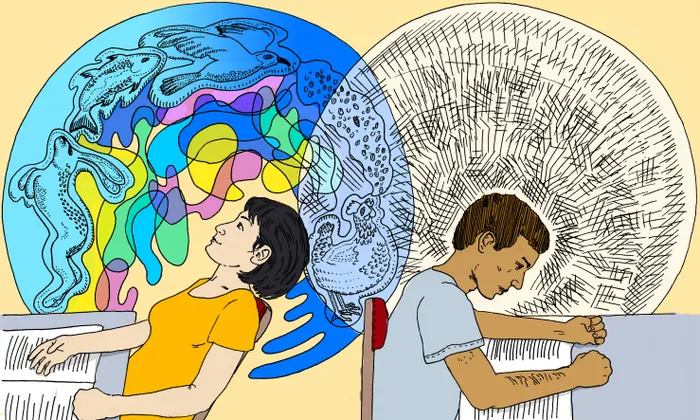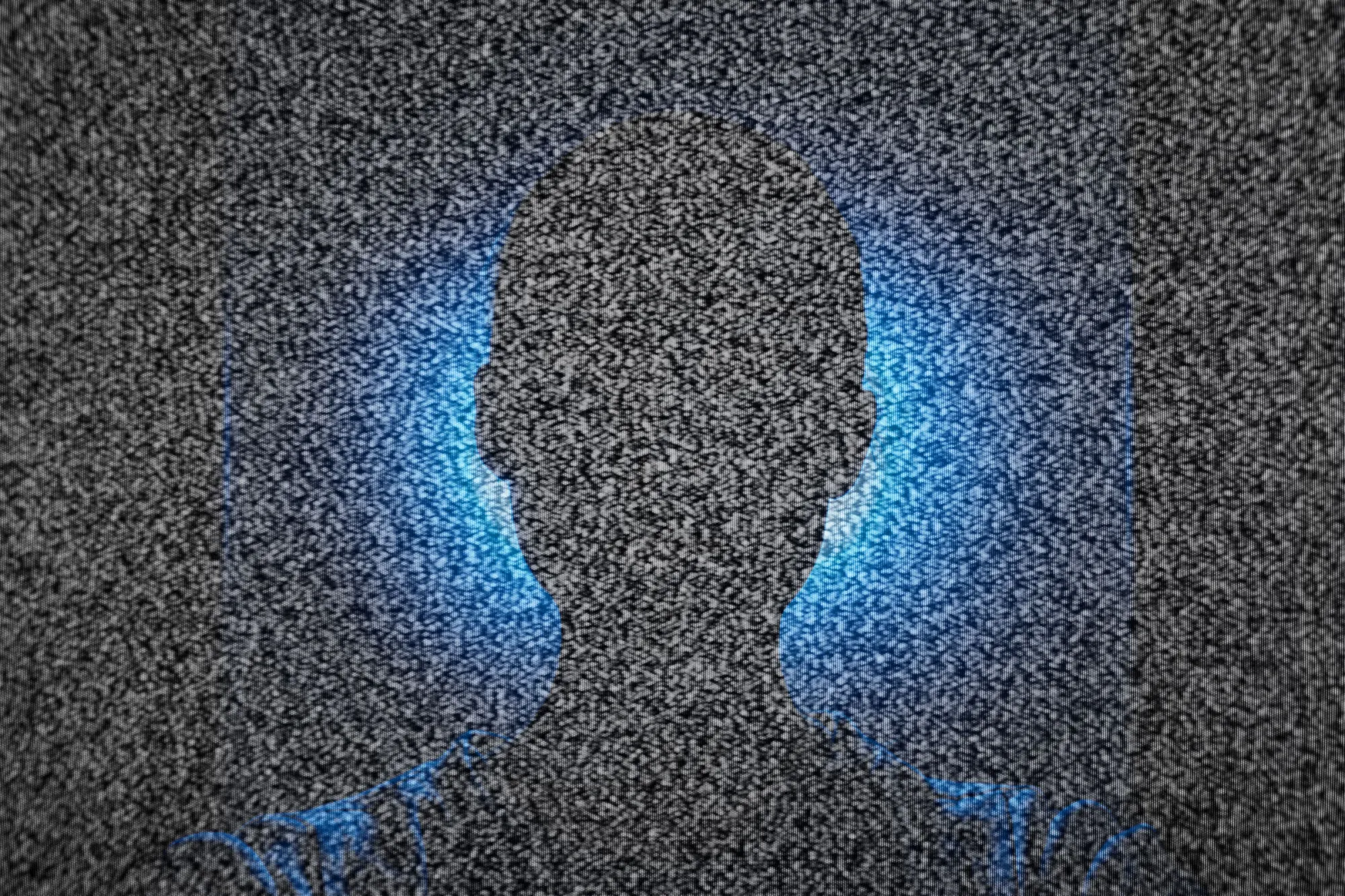Aphantasia: What It's Like to Have a Blind Mind
Have you ever had an imaginary friend? I did not and it certainly was not from the lack of trying. I could not visualize one, nor anything else—and I am not the only one who cannot.
These people have Aphantasia, a rare mental condition where people cannot voluntarily visualize ideas within their minds. Things like counting sheep or picturing something they cannot do; when they close their eyes, they see nothing.

According to Professor Adam Zeman of the University of Exeter, many phantasies expressed surprise at the very existence of visualization. “What do you mean “lost” his ability?” shares software engineer Blake Ross, “Shouldn’t we be amazed he ever had that ability?”
Aphantasia Explained
Aphantasiacs, as described by English psychologist Francis Galton, are like “a colorblind man who has not discerned his defect has of the nature of color”. That is to say, some colorblind people see green and red as the same color, and unless someone told them specifically that others could see two different colors where they saw one, they would go their whole lives thinking that their standard was the same as other people’s.
This sort of situation is what a majority of phantasies experience. “I have never visualized anything in my entire life.” writes Ross, “I’m 30 years old, and I never knew a human could do any of this. This is how it’s always been for me, and this is how I thought it was for you.”
Many of those who had lived their lives unknowing that others could describe feeling left out and frustrated, like being mentally crippled. Dame Gillian Morgan, the chair of NHS Providers, talks about becoming more aware of the disadvantages of aphantasia when she realized she could not recall her own mother’s face after she passed away.
“Other people if you talk to them about their parents, they can pull up a picture in their mind’s eye.” she says, “The only way I can do that is to look at a photograph.” Others also wonder whether their lack of motivation and learning difficulties are due to being aphantastic. Is having aphantasia a disadvantage?

According to scientists, how well you can visualize is not correlated to how well you can memorize or learn. Indeed, the problem many phantasies face in learning - similar to ADHD or autism - is the teaching methods utilized. One notable example is how children with trouble sleeping are taught to do so by counting sheep, a mental exercise in which they visualize and calculate an infinite amount of sheep, which is impossible for phantasies as they cannot imagine. Another is how kids learn to memorize large amounts of information through a "memory place", where the person stores ideas by visualizing a familiar environment. Hence, it can be seen that the problem lies in that society is adapted to teaching children who can imagine, so for this reason, those with aphantasia will have trouble understanding concepts that would make perfect sense to others.
There have also been theories about how a lack of visualization leads to a deficit of creativity and imagination. These have been debunked, however, as while visualization is linked to vision, visualizing is equal to mentally drawing out a picture, meaning phantasies can draw out what they imagine. Being unable to visualize may make it more difficult for phantasies to understand and learn things that require spatial visualization, like 3D concepts, and subjects like biology or design, as they cannot picture how things work. Regardless, this does not mean having aphantasia is a disadvantage. It is essential to realize that everyone has strengths and weaknesses, so being bad at spatial concepts might mean being better at something else - like how the lack of one sense heightens the others in compensation.
Morgan, for example, believes that her excellent memory partially compensates for her inability to visualize. "If I have to recount something absent,” she quotes, “I have to reconstruct it from the facts I know about it rather than view it in my mind."
Does Aphantasia Affect Us?
How much does aphantasia affect working ability? Working ability is linked to learning ability, as how well you learn is connected to how well you can apply the knowledge in working. Hence, problems in learning, as mentioned above, will also cause problems in functioning. Moreover, some jobs, such as designers or animators, require working with 3D visualization skills, which may pose difficulty to phantasies. However, it is essential to remember that being fantastic has not kept Morgan from having a successful career as a doctor and chief executive of the NHS Confederation, nor Blake Ross as a software engineer who co-created the Mozilla Firefox internet browser. In fact, the scientist who drafted the first human genome, Craig Venter, remarked that he found being a phantasmic useful in that he can concentrate better and think purely conceptually.
Another factor that is affected is motivation. We see it all the time in movies - the protagonist is injured and failing when they get an intense flashback to their friend’s death or whatever tragic backstory they have that motivates them to keep going. Many people use the method of imagining the reward of their success - such as winning a prize - or something that provoked them to aim for their goal - such as being called useless by someone - to motivate themselves. Unable to do such may make it harder for phantasies to get inspired.

Many who suffer from PTSD or dissociation reported experiencing hallucinations and repeated traumatic flashbacks where they cannot distinguish between reality and their imagination, affecting their daily lives. They may have to take time off from their jobs to cope with their mental issues. Those with aphantasia will not have this problem and so can focus much more on the present than be affected by past traumas.
Indeed, every situation has both pros and cons. Hyperphantasia, for example, at the other end of the visualization spectrum, is a term referring to those with a highly vivid imagination - and although having such a powerful imagination means being able to strongly visualize images and memories and even create a whole imaginary world to get lost in, there are also disadvantages. According to hyperphantastic artist Clare Dudeney, her imagination is so strong that sometimes telling the difference between reality and fiction is hard.“Sometimes the only way I can tell it’s a dream is when I’m doing something I can't normally do, like fly, or breathe underwater," she says.
Having such a vivid imagination is not all sunshine and rainbows; as Dudeney says, “A passage in a book can bring to mind such vivid images that I faint”. With this in mind, while being fantastic means that when you read a book, you are unable to enter a visualized fictional world, it also means that after watching a horror movie, you are less likely to keel over in shock from seeing creepy possessed dolls or a potato-shaped chihuahua with fourteen wriggly feet watching you from the shadows.
Although being aphantastic may mean that you are worse at some things, it also means that you are better at others. What it all boils down to is that, above all, whether having aphantasia is a disadvantage depends on how you look at it yourself; whether or not you let it affect your life, at the end of the day, is your choice.
